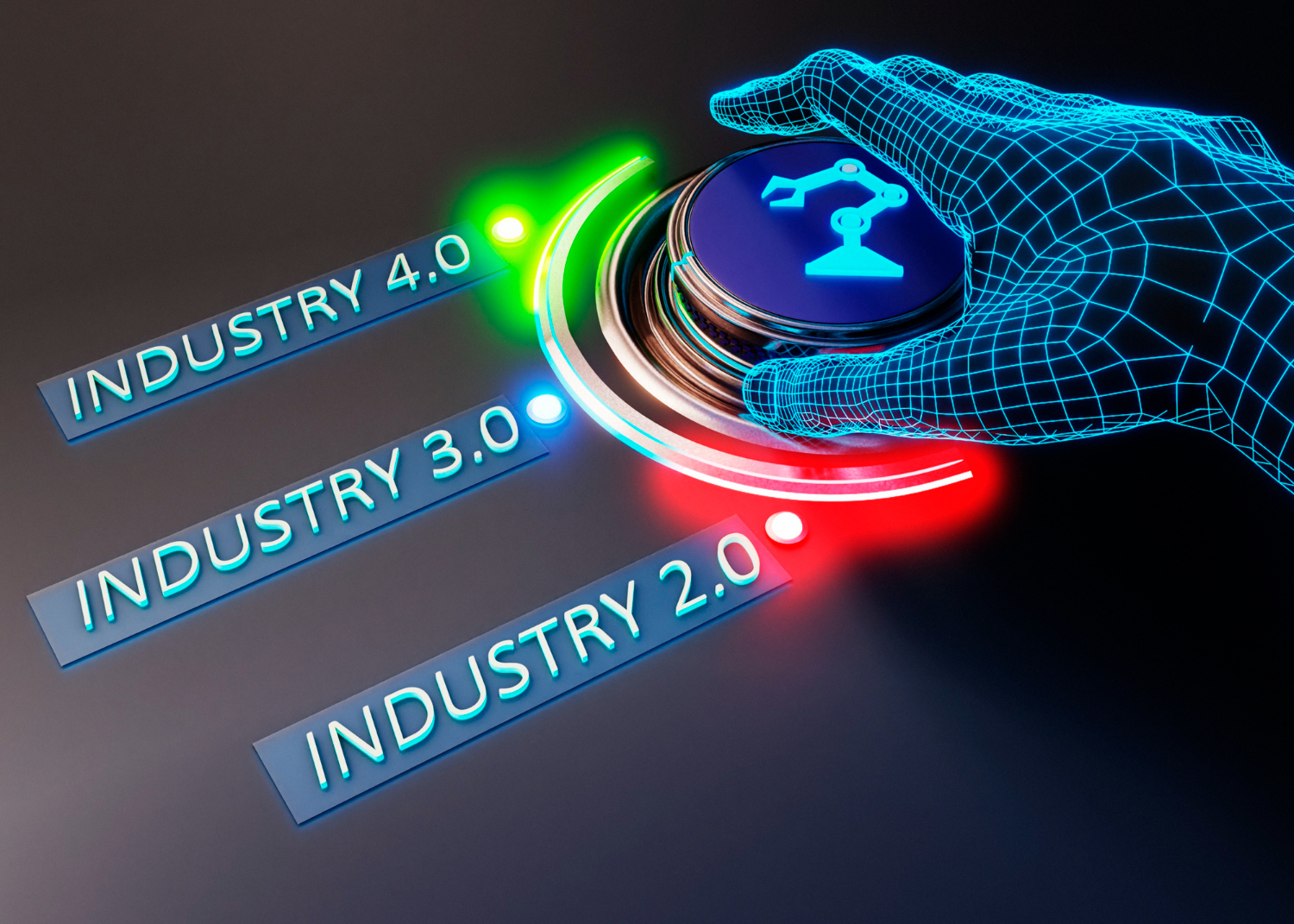The National Education Policy (NEP) 2020 is a landmark reform aimed at overhauling India’s education system to make it more inclusive, flexible, and aligned with the needs of the 21st century. Replacing the previous policy from 1986, NEP 2020 introduces a new vision for education, focusing on holistic development and skill-building.
Understanding the key objectives of NEP 2020 is essential for students, educators, policymakers, and stakeholders who are part of India’s evolving education landscape.
What is NEP 2020?
NEP 2020 is a comprehensive policy framework introduced by the Government of India to transform the education system from foundational schooling to higher education. It emphasizes multidisciplinary learning, critical thinking, technology integration, and equitable access for all.
Core Objectives of NEP 2020
1. Universal Access and Equity
One of the primary goals of NEP 2020 is to ensure universal access to quality education at all levels, from early childhood to higher education. It seeks to remove disparities by focusing on marginalized groups, economically disadvantaged students, and those from rural backgrounds.
Goal: Achieve 100% Gross Enrollment Ratio (GER) in preschool to secondary education by 2030.
2. Early Childhood Care and Education (ECCE)
NEP recognizes the importance of foundational years (ages 3-8) in a child’s development. It promotes play-based, activity-oriented learning in the mother tongue or regional languages to build a strong base for future education.
3. Holistic Multidisciplinary Education
NEP 2020 aims to break the silos of rigid academic streams. It encourages multidisciplinary and flexible curricula that combine arts, sciences, vocational skills, and sports to foster all-round development.
4. Critical Thinking and Creativity
The policy stresses nurturing critical thinking, creativity, problem-solving, and communication skills rather than rote memorization. This shift prepares students to face real-world challenges effectively.
5. Promoting Indian Languages and Multilingualism
NEP advocates for instruction in the mother tongue or regional languages at least till Grade 5 and encourages multilingual proficiency to preserve India’s linguistic diversity.
6. Teacher Empowerment and Training
Recognizing teachers as the backbone of education, NEP focuses on continuous professional development, autonomy, and merit-based recruitment to improve teaching quality.
7. Use of Technology in Education
The policy emphasizes leveraging digital tools and online learning platforms to bridge educational gaps, especially in rural and remote areas.
8. Equity and Inclusion
Special provisions are made to support socially and economically disadvantaged groups, including girls, differently-abled students, and minorities, to ensure no one is left behind.
9. Promoting Research and Innovation
NEP aims to transform higher education institutes into hubs of research and innovation by increasing funding, autonomy, and interdisciplinary studies.
10. Flexible and Skill-Based Learning
The policy encourages vocational education and skill development from an early stage to equip students with employable skills and reduce the gap between education and industry demands.
Impact of NEP 2020 Objectives
If implemented effectively, NEP 2020’s objectives will:
- Reduce dropout rates and improve foundational literacy.
- Create a more skilled and employable workforce.
- Foster inclusivity and reduce educational inequality.
- Strengthen India’s position as a global knowledge hub.
- Encourage lifelong learning and adaptability in a rapidly changing world.
Resources to Explore More on NEP 2020
- Official NEP 2020 Document: MHRD NEP 2020 PDF
- Ministry of Education, India: education.gov.in
- NCERT (National Council of Educational Research and Training): ncert.nic.in
- NITI Aayog’s Education Initiatives: niti.gov.in
- UNESCO Analysis on NEP: unesco.org
Disclaimer
This blog is intended for informational purposes only and reflects the National Education Policy status as of 2023. The objectives and implementation strategies may evolve. Readers should consult official government sources for the most current information. This blog does not offer legal or professional advice.







